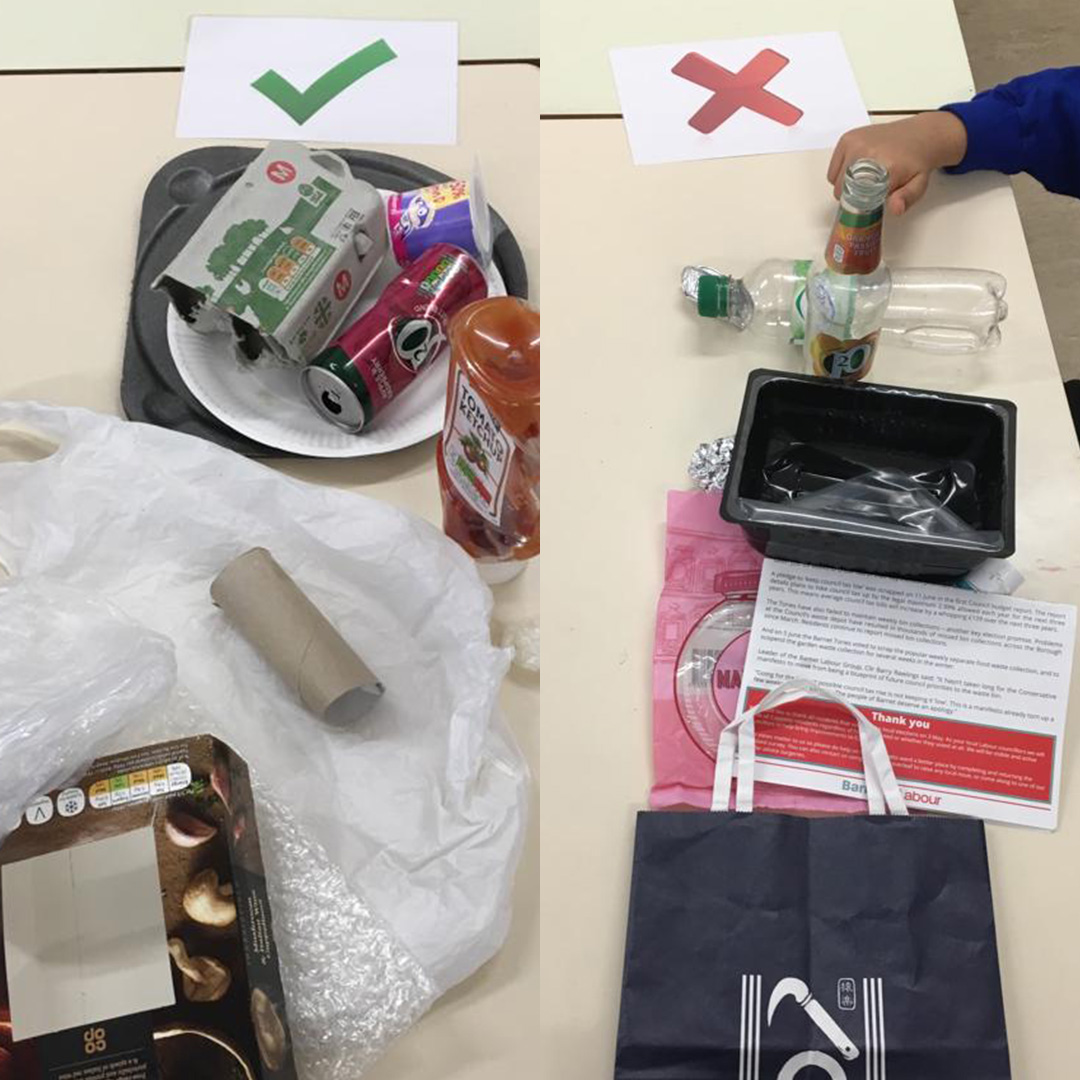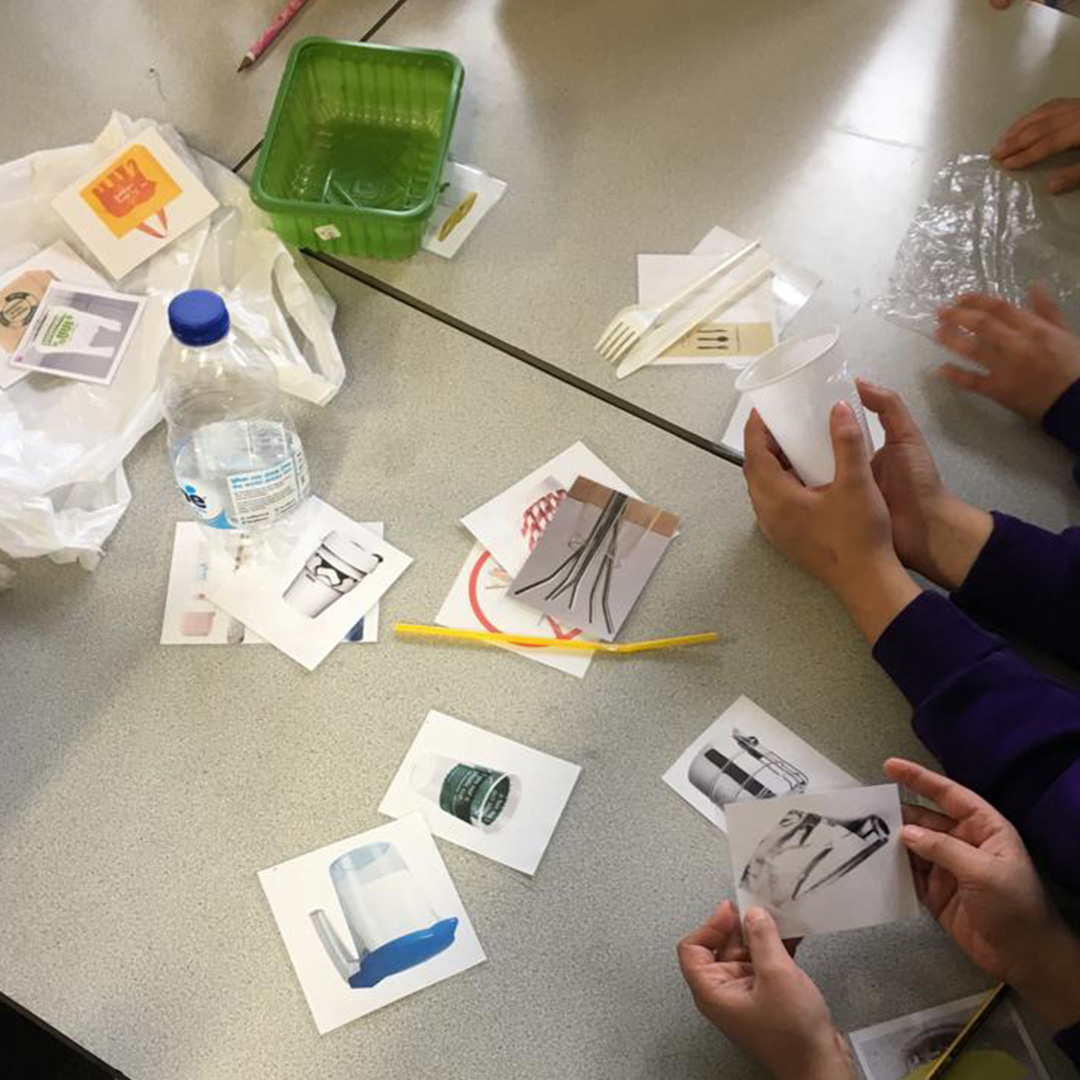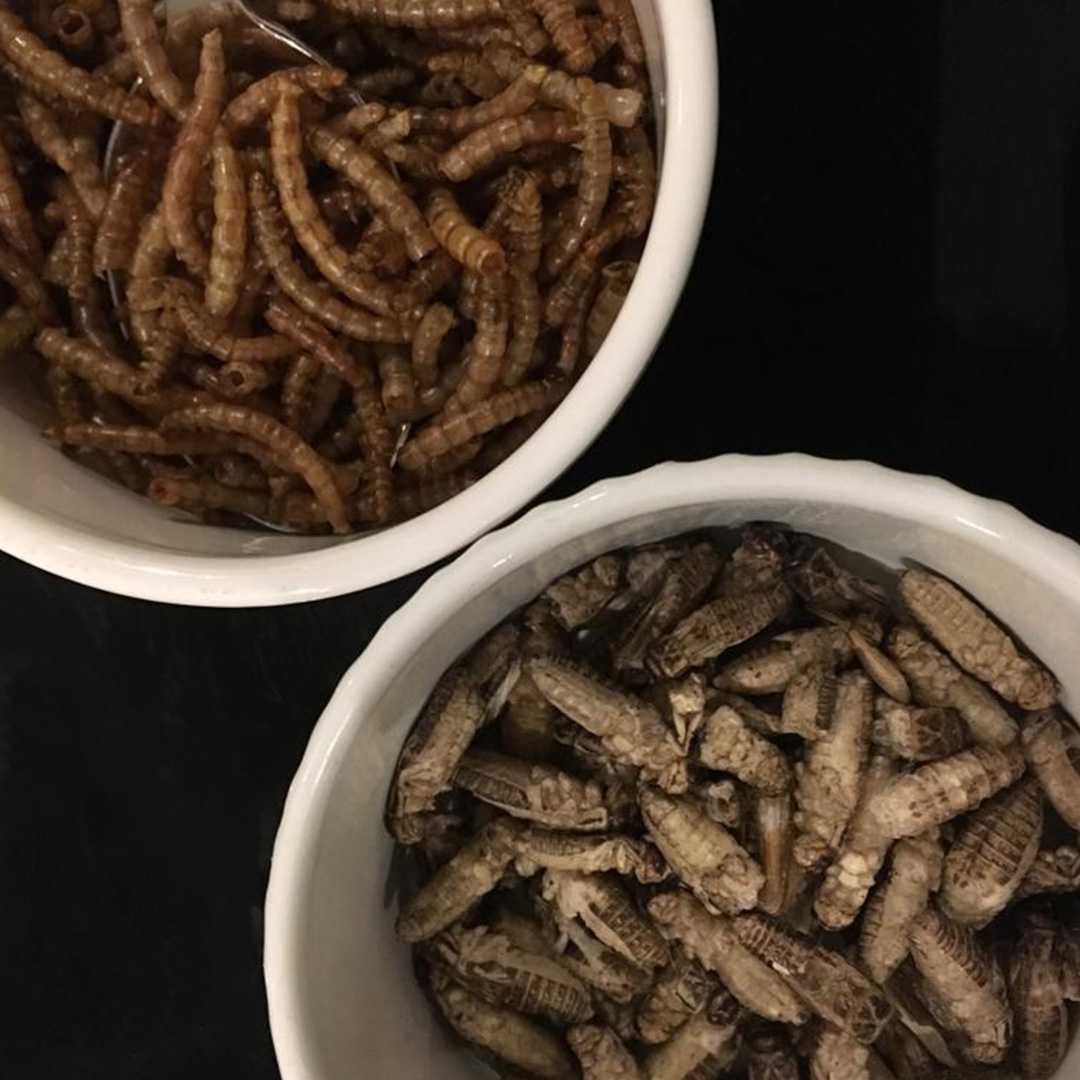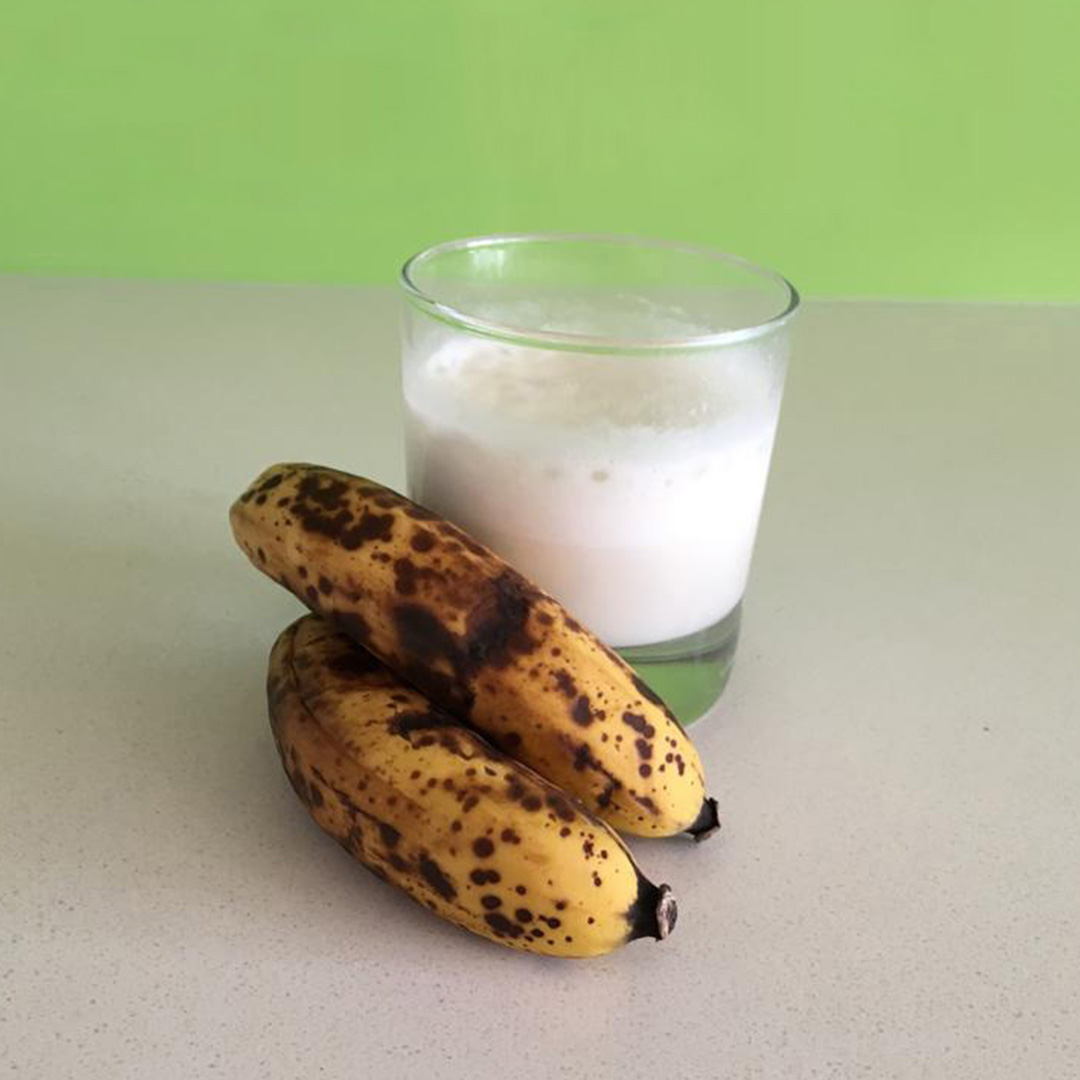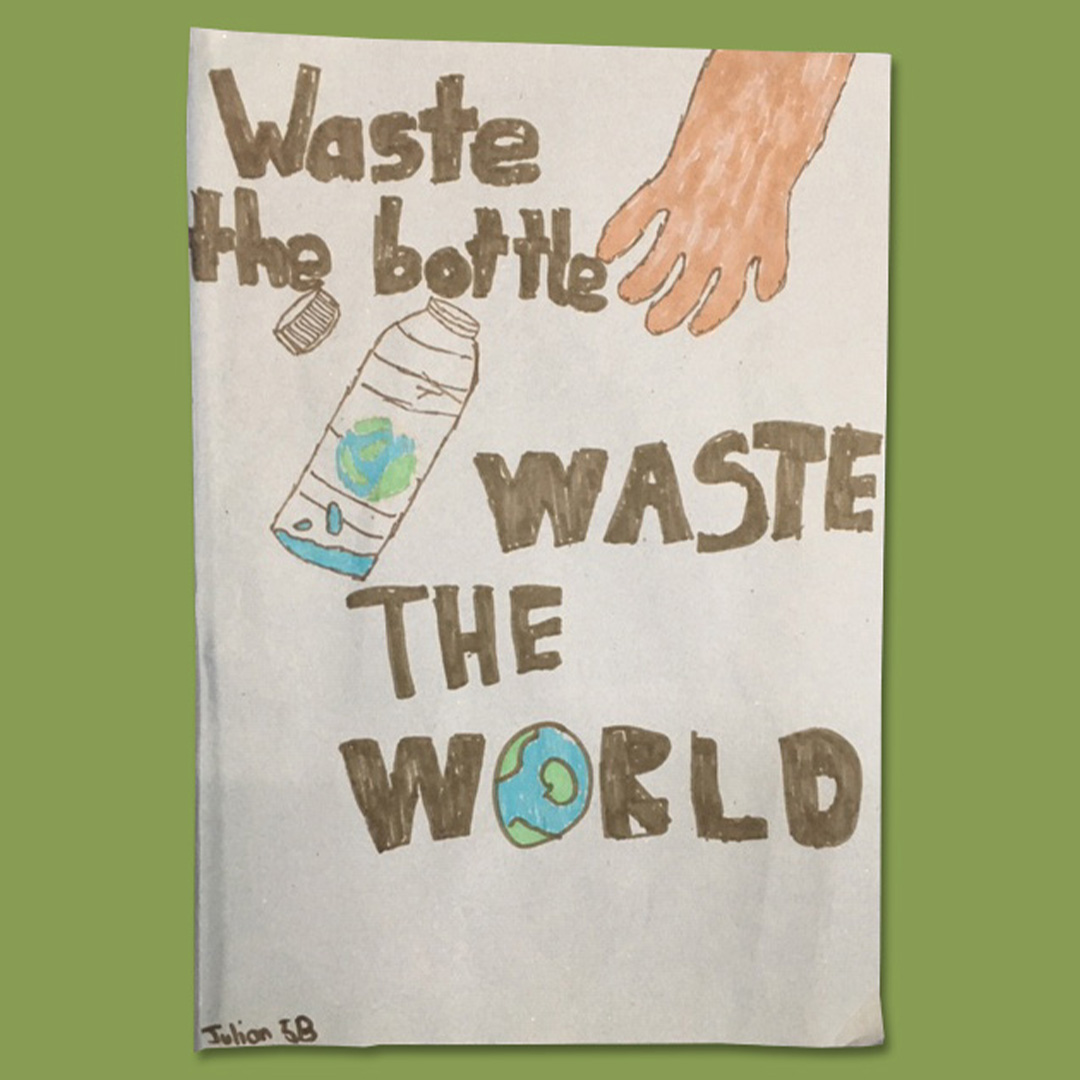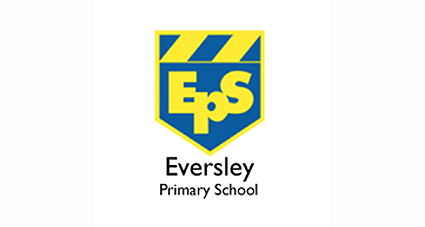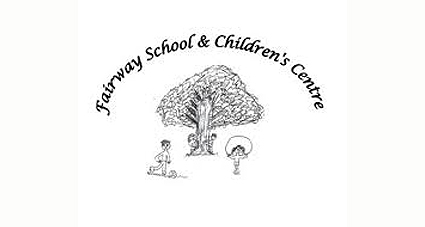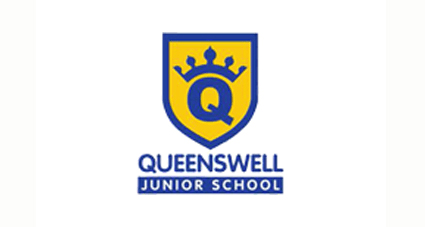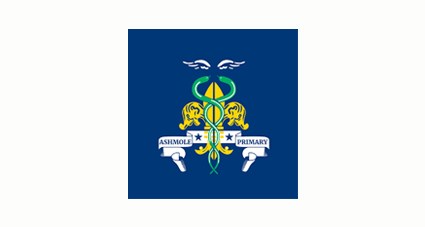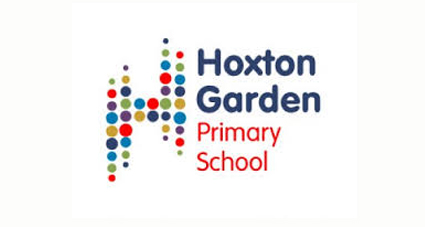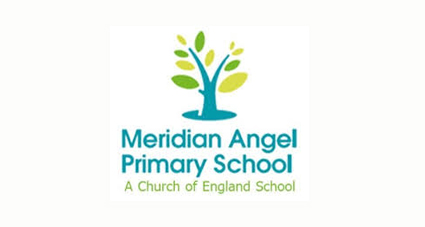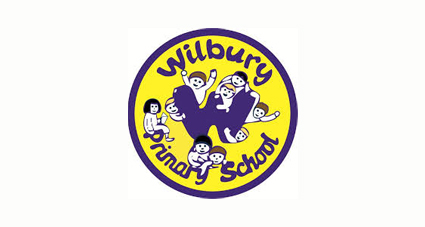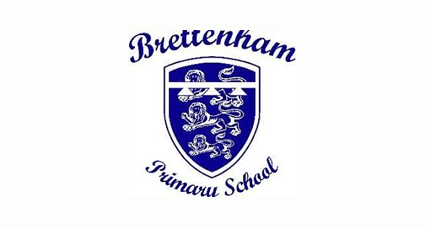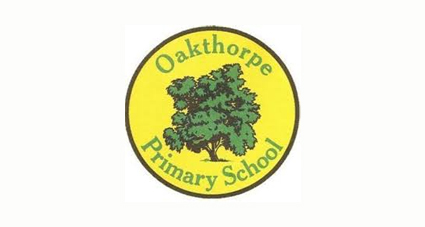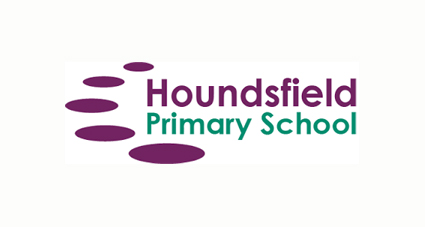Our modern lifestyles are entrenched with convenience which we’ve come to realise its causing damaging amounts of waste. We are exploiting our natural resources to feed our ever-growing population and it isn’t sustainable. We need to re-evaluate how we produce and consume food for the future health of our planet and all its wonderful creatures. Our new workshops highlight the issues we face and how we can make a positive difference. This project has been funded by the North London Waste Authority.
North London Waste Authority
The North London Waste Authority (NLWA) is made up of seven north London boroughs (Barnet, Camden, Enfield, Hackney, Haringey, Islington and Waltham Forest). Over two million residents live in the NLWA area.
NLWA is responsible for helping the seven north London boroughs dispose of the 850,000 tonnes of waste they collect every year. NLWA’s aims are to:
Achieve a 50% recycling rate by 2020
Reduce the amount of waste sent to landfill to 35% (of 1995 amounts) by 2020
